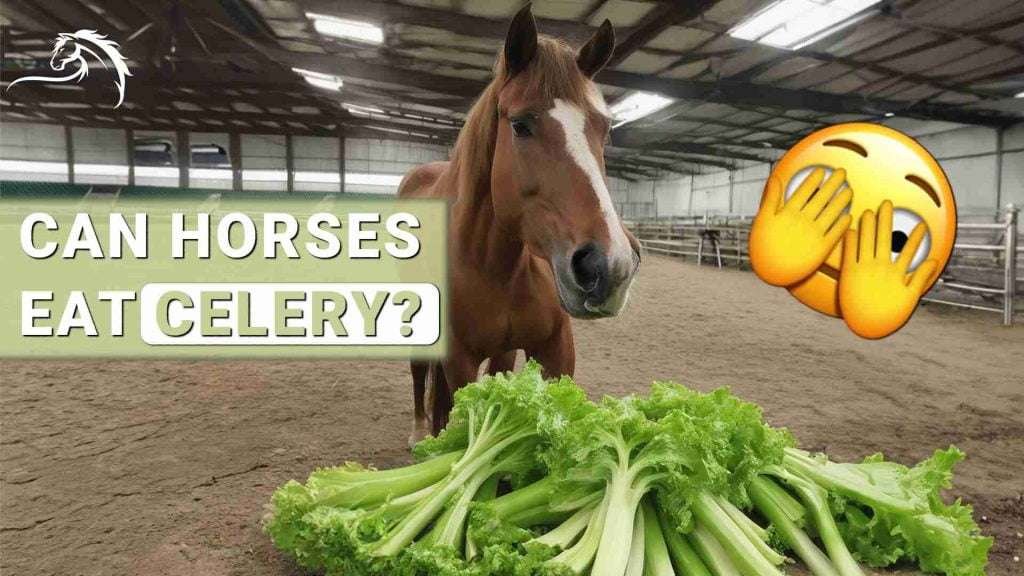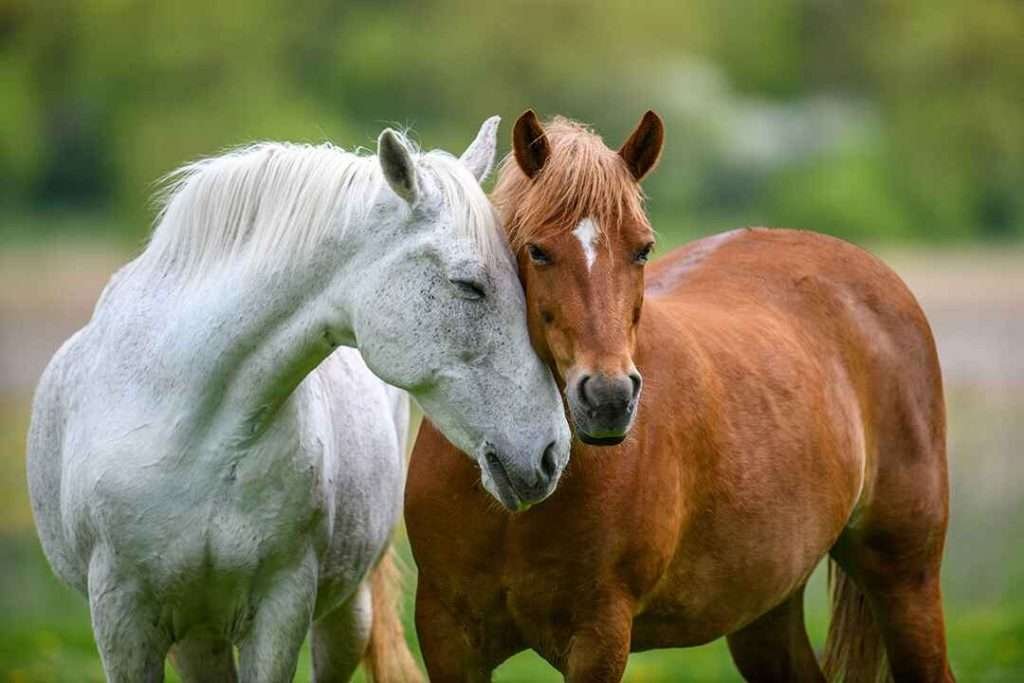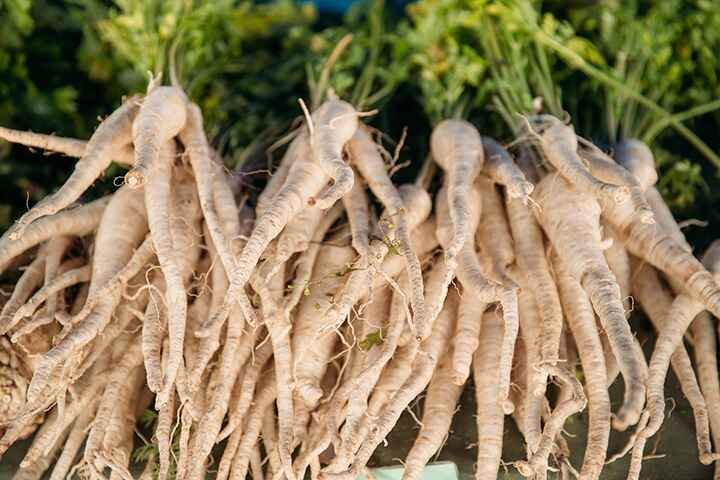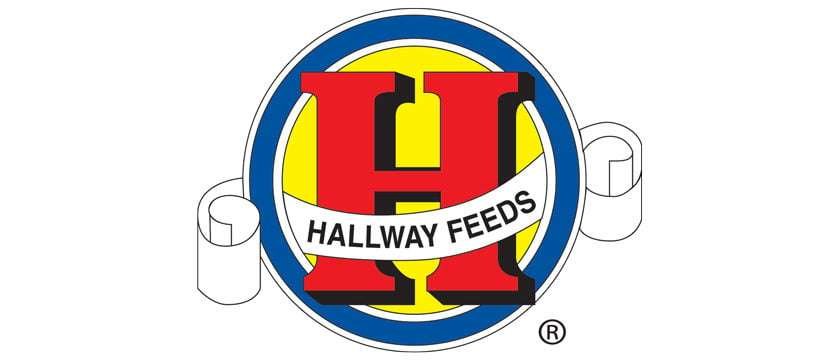
No, horses are primarily herbivores and should not eat meat. While there may be rare instances of horses nibbling on animal products or even small animals, their digestive systems are not designed to process meat effectively. Horses are known for their unique dietary needs. As herbivores, they primarily consume roughage, such as grass and hay, and a small number of concentrates, such as grains or pellets. However, some horse owners may wonder if it is safe to feed their horses meat. In this article, we will explore whether horses can eat meat and provide a clear answer to this question.
Understanding the horse’s digestive system
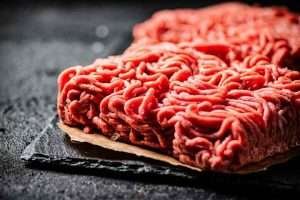 Before we can answer the question of whether horses can eat meat, it’s important to understand how their digestive system works. Horses are hindgut fermenters, which means that they digest their food in the cecum and large intestine rather than the stomach. They rely on a complex system of bacteria and enzymes to break down the fibrous plant material that they consume. This means that they have evolved to extract maximum nutrition from plant material, not animal protein.
Before we can answer the question of whether horses can eat meat, it’s important to understand how their digestive system works. Horses are hindgut fermenters, which means that they digest their food in the cecum and large intestine rather than the stomach. They rely on a complex system of bacteria and enzymes to break down the fibrous plant material that they consume. This means that they have evolved to extract maximum nutrition from plant material, not animal protein.
 Fiber and roughage are essential components of a horse’s diet. These foods provide bulk, which keeps the digestive system moving and helps prevent colic and other digestive issues. The bacteria in the cecum and large intestine also require fiber to thrive, and a lack of fiber can lead to an imbalance in the gut flora.
Fiber and roughage are essential components of a horse’s diet. These foods provide bulk, which keeps the digestive system moving and helps prevent colic and other digestive issues. The bacteria in the cecum and large intestine also require fiber to thrive, and a lack of fiber can lead to an imbalance in the gut flora.
Horses in the wild
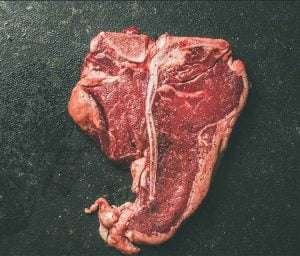 In the wild, horses are known to graze on grasses and other plant material. While they may occasionally nibble on small amounts of insects or other protein sources, such as bird eggs, their diet is primarily vegetarian. This is because their digestive system has evolved to digest plant material, not animal protein.
In the wild, horses are known to graze on grasses and other plant material. While they may occasionally nibble on small amounts of insects or other protein sources, such as bird eggs, their diet is primarily vegetarian. This is because their digestive system has evolved to digest plant material, not animal protein.
Domesticated horses
 Domesticated horses have different dietary needs than wild horses. They typically consume a combination of hay or grass, and a concentrate such as grains or pellets. This diet is designed to meet their nutritional needs and keep them healthy.
Domesticated horses have different dietary needs than wild horses. They typically consume a combination of hay or grass, and a concentrate such as grains or pellets. This diet is designed to meet their nutritional needs and keep them healthy.
 Feeding a horse a diet that is not well-suited to its digestive system can lead to a variety of health problems, like
Feeding a horse a diet that is not well-suited to its digestive system can lead to a variety of health problems, like
- colic
- laminitis
- digestive upset.
As such, it’s important to feed horses a diet that is appropriate for their digestive system.
Do horses Eat Meat?
 So, can horses eat meat? The answer is no, horses should not eat meat. While there is no evidence to suggest that a small amount of meat would be harmful to a horse, it’s not a natural part of their diet. Their digestive system is not designed to digest animal protein, and feeding them meat could lead to digestive upset or other health problems.
So, can horses eat meat? The answer is no, horses should not eat meat. While there is no evidence to suggest that a small amount of meat would be harmful to a horse, it’s not a natural part of their diet. Their digestive system is not designed to digest animal protein, and feeding them meat could lead to digestive upset or other health problems.
There are several reasons why feeding horse meat is not a good idea. Firstly, horses are not adapted to consuming meat, and their digestive system may not be able to handle it. Secondly, meat is not a natural part of a horse’s diet, and feeding it to them could lead to a nutritional imbalance. Finally, feeding meat to horses is not recommended by veterinarians or equine nutritionists.
Scientific research
 One study published in the Journal of Animal Science found that horses can digest small amounts of animal protein without any adverse effects. However, the study also noted that horses have a limited ability to digest protein compared to other animals. Another study, published in the Journal of Equine Veterinary Science, found that feeding horses a high-protein diet can lead to an increase in the risk of colic.
One study published in the Journal of Animal Science found that horses can digest small amounts of animal protein without any adverse effects. However, the study also noted that horses have a limited ability to digest protein compared to other animals. Another study, published in the Journal of Equine Veterinary Science, found that feeding horses a high-protein diet can lead to an increase in the risk of colic.
 While these studies suggest that horses may be able to digest small amounts of animal protein, they do not provide a strong argument for feeding horses meat. Furthermore, there is a risk of nutritional imbalances and other health problems associated with feeding horses meat.
While these studies suggest that horses may be able to digest small amounts of animal protein, they do not provide a strong argument for feeding horses meat. Furthermore, there is a risk of nutritional imbalances and other health problems associated with feeding horses meat.
Conclusion
In conclusion, horses are herbivores and their digestive system is not designed to digest animal protein. While there is no evidence to suggest that a small amount of meat would be harmful to a horse,
feeding them meat is not recommended.
Horses have evolved to extract maximum nutrition from plant material, and a diet that includes meat could lead to digestive upset or other health problems. Feeding horses a well-balanced diet that is appropriate for their digestive system is essential for their overall health and well-being. As such, horse owners should stick to feeding their horses a diet that consists of roughage and concentrates designed to meet their nutritional needs.


